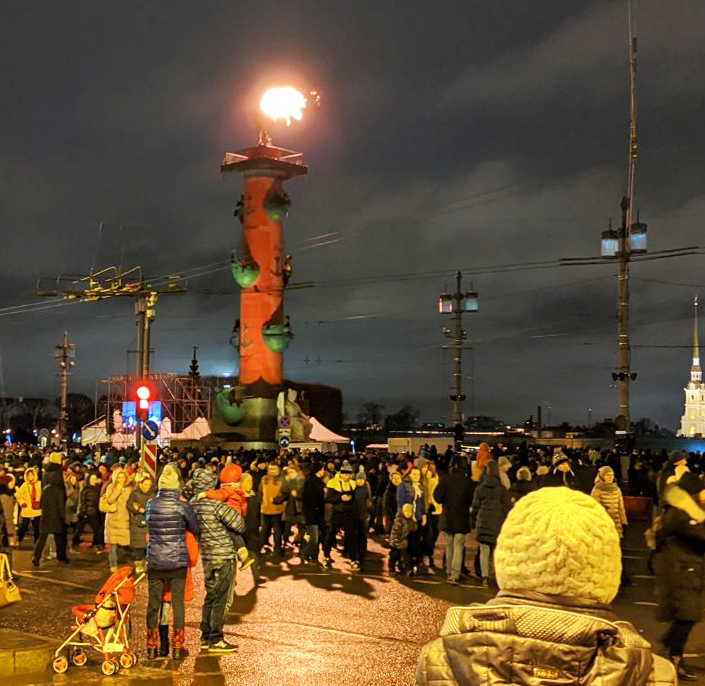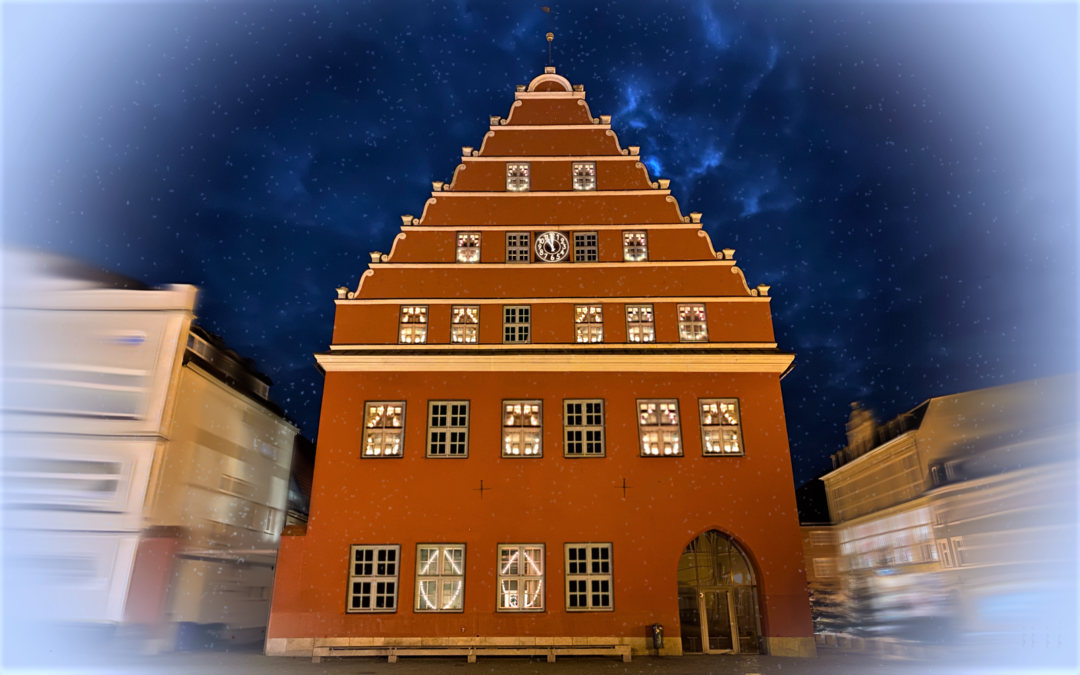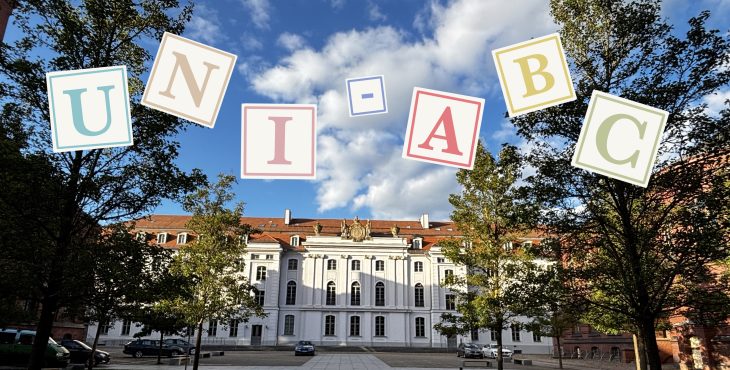Weihnachtszeit ist Vorfreude und Geheimnistuerei, Nächstenliebe und Besinnung. Sie duftet nach heißem Glühwein, frisch gebackenen Keksen und mühsam gepellten Mandarinen. Der Dezember lebt von kleinen Aufmerksamkeiten und Traditionen, wie den Adventssonntagen mit der Familie, dem mit Süßigkeiten gefüllten Schuh am Nikolausmorgen und dem täglichen Öffnen des Adventskalenders. Weißt du noch, wie du jeden Tag vor Weihnachten aufgeregt aufgestanden bist, um vorfreudig zu deinem Schokoadventskalender zu tappen? Die moritz.medien verstecken das Weihnachtsgefühl hinter 24 Fenstern. Im heutigen Fenster: Intercultural Communication can be a bitch: How I almost had no New Year’s Eve and then ended up having two.
Achtung! Der folgende Text ist ein typischer „Lisa“-Text und deswegen natürlich auf Englisch.
Learning about different cultures is always fun, but actually accepting the differences can be hard. And sometimes you don‘t even know there was a difference, until you finally do.
Last year a South Korean friend, whom I met in Russia, invited me to celebrate “New Year‘s” with her and a friend of hers. I didn’t need to worry about anything – or so I thought. At that time, we were both unaware of our cultural differences. The two of us were in Russia, in Saint Petersburg to be precise, where New Year‘s celebrations are similar to Christmas in Europe. I thought it would be nice to see the lights and happy Russian faces, which you barely ever see (Russians actually look angry most of the time, it‘s true).

One week before Christmas, a lot of the exchange students went back home to their families. Most of them didn’t plan to return afterwards, because all of the exams for the exchange students had already taken place. It was sad for me to see a lot of my new international friends leave, but at least I knew that I wouldn’t have to spend New Year‘s Eve alone. I didn’t worry until the last day of my exam period, when my South Korean friend invited me for dinner on 1st January. I thought that it was cool to see her so often, before we would live on two opposite sides of the world again. So I jokingly said: „Yeah, but we will also have nice food on the night from 31st December to 1st January, right?“ She only wrote back that she would be in Helsinki until 1st January. I was shocked and pissed off, because I thought she had forgotten about our plans and stood me up.
It turned out that she never celebrated the “counting down into the New Year” as she called it or „New Year’s Eve“ as it is known around the (western part of the) world. While this was what “New Year‘s celebrations“ meant for me, for her it was actually 1st January and celebrating throughout the day! I was so surprised and ashamed for being annoyed. After this misunderstanding, I became really interested in the Korean New Year’s celebration. South Korean culture is always kind of stuck between traditions and the modern spirit. And so are their New Year’s celebrations: Some South Koreans do celebrate the night from 31st December to 1st January but not as greatly as we are used to in Europe. My friend told me that her family never really celebrated it – some people go to the main station in Seoul and watch the fireworks but that’s it. But then there is also the Lunar New Year’s “Seollal”, which is based on the lunar calendar, just like the Chinese New Year celebrations you may know. The next Korean Lunar New Year will be celebrated on 12th February 2021 – and the day before and after (here is a nice explanation of the celebrations).
As a result of these intercultural communication difficulties, I almost got no New Year’s party, but thanks to my international friends I actually got two. One in 2019 and one in 2020!
At midnight, I tried to sing the Russian national anthem with Belgian friends and 20 hours later, I ate Georgian food with my Korean friend on 1st January. And that concludes how my 2020 started. Hopefully 2021 will start with similarly pleasant surprises for everyone!
Titelbild: Julia Schlichtkrull
Beitragsbild: Anne Frieda Müller




